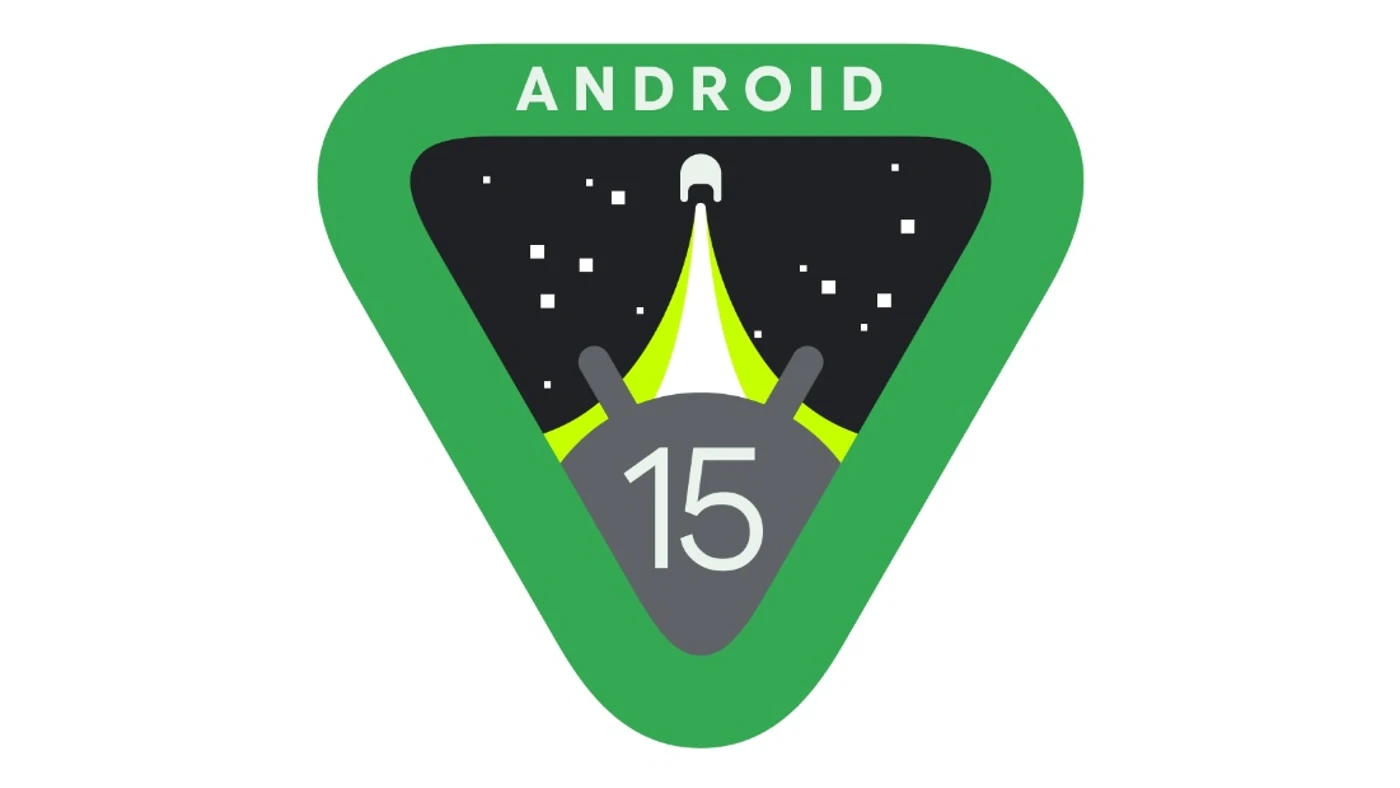Google has released the initial developer preview of Android 15, showcasing a range of new features aimed at enhancing user privacy, refining advertising experiences, and improving overall device performance.
Privacy and security
With extension level 10 applied to Android AD Services, Google says that Android 15 will have stricter privacy norms while ensuring an effective personalised advertising experience for apps. Enhanced security measures will also help with better protection against malware and unwanted file modifications (corruption).
The most visible change here though will be the addition of a partial screen-sharing feature. Similar to Windows PCs, users will now be able to share only specific apps or part of the screen while on video calls, thereby hiding the rest of the screen and its contents.
Privacy Sandbox on Android
Android 15 brings Android AD Services up to extension level 10, incorporating the latest version of the Privacy Sandbox on Android, part of Google’s work to develop new technologies that improve user privacy and enable effective, personalized advertising experiences for mobile apps.
Health Connect
Android 15 integrates Android 14 extensions 10 around Health Connect by Android, a secure and centralized platform to manage and share app-collected health and fitness data. This update adds support for new data types across fitness, nutrition, and more.
File integrity
Android 15’s FileIntegrityManager includes new APIs that tap into the power of the fs-verity feature in the Linux kernel. With fs-verity, files can be protected by custom cryptographic signatures, helping you ensure they haven’t been tampered with or corrupted. This leads to enhanced security, protecting against potential malware or unauthorized file modifications that could compromise your app’s functionality or data.
Partial screen sharing
Android 15 supports partial screen sharing so users can share or record just an app window rather than the entire device screen. This feature, enabled first in Android 14 QPR2, includes MediaProjection callbacks that allow your app to customize the partial screen sharing experience. Note that user consent is now required for each MediaProjection capture session.
Faster performance
With an upgraded Android Dynamic Performance Framework (ADPF), supported devices will now offer a new power efficiency mode for apps that will improve the efficiency of long-running background tasks. This should help with greater battery life despite running several necessary apps like WhatsApp, Snapchat, Facebook, health apps and more in the background.
Android 15 will also have new thermal thresholds baked in to reduce thermal throttling, which could benefit mobile gamers in the long run.
Creator/developer-focused updates
App developers on Android 15 get finer control over the camera interface. Apps like WhatsApp, Instagram and Snapchat can now fine-tune their apps to take advantage of low-light modes by dialling up the brightness of the camera preview. Additionally, users will also get better control over the LED flash to better optimise images in low light conditions.
For music creators, Android 15 adds UMP support to virtual MIDI apps, thereby allowing more functionality with music composition and synthesizer apps.
Performance and quality
Android continues its focus on helping you improve the quality of your apps. Much of this focus is around tooling and libraries, including Jetpack Compose, Android Studio, and more.
Dynamic Performance
Android 15 continues investment in the Android Dynamic Performance Framework (ADPF), a set of APIs that allow games and performance intensive apps to interact more directly with power and thermal systems of Android devices. On supported devices, Android 15 will add new ADPF capabilities:
- A power-efficiency mode for hint sessions to indicate that their associated threads should prefer power saving over performance, great for long-running background workloads.
- GPU and CPU work durations can both be reported in hint sessions, allowing the system to adjust CPU and GPU frequencies together to best meet workload demands.
- Thermal headroom thresholds to interpret possible thermal throttling status based on headroom prediction.
Developer Productivity
Android 15 continues to add OpenJDK APIs, including quality-of-life improvements around NIO buffers, streams, security, and more. These APIs are updated on over a billion devices running Android 12+ through Google Play System updates, so you can target the latest programming features.
Being a developer preview, Android 15 can only be experienced on the following devices for now:
- Pixel 6, Pixel 6 Pro and Pixel 6a
- Pixel 7, Pixel 7 Pro and Pixel 7a
- Pixel 8 and Pixel 8 Pro
- Pixel Tablet
- Pixel Fold
Google plans to release a second developer preview in March, followed by monthly beta releases starting in April. Platform stability is anticipated by June, allowing developers several months for final testing before the official release.



